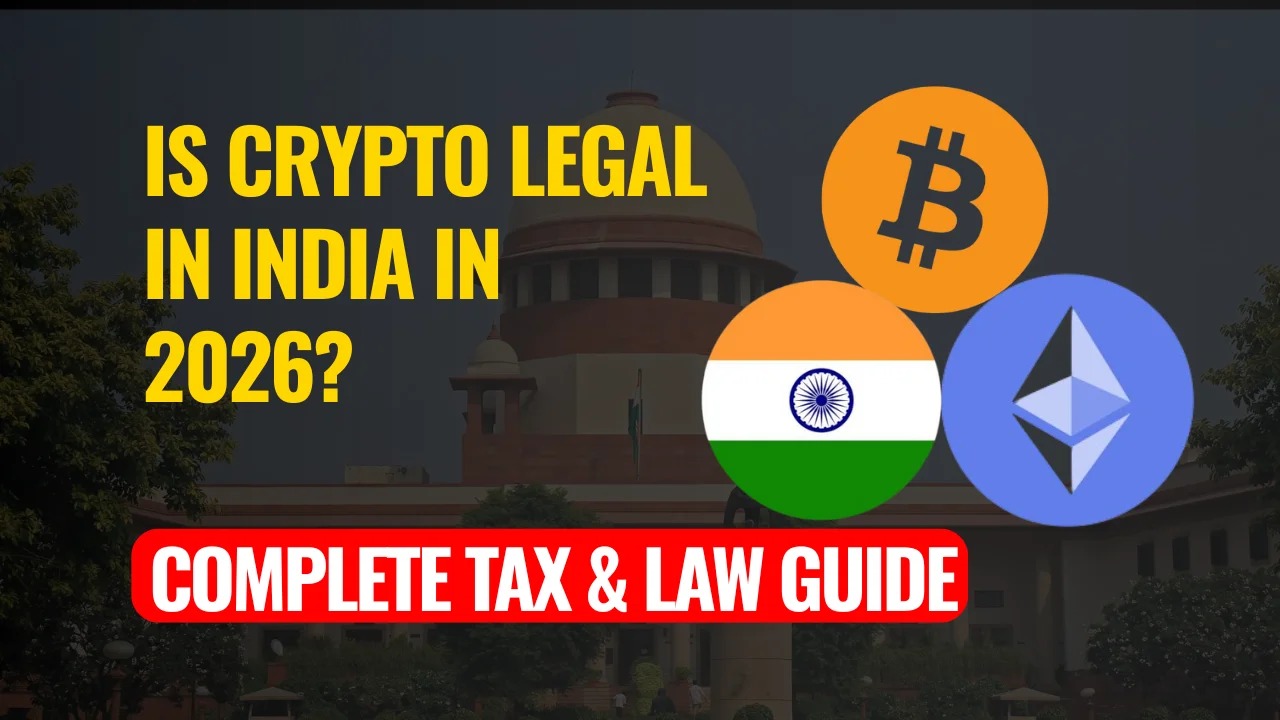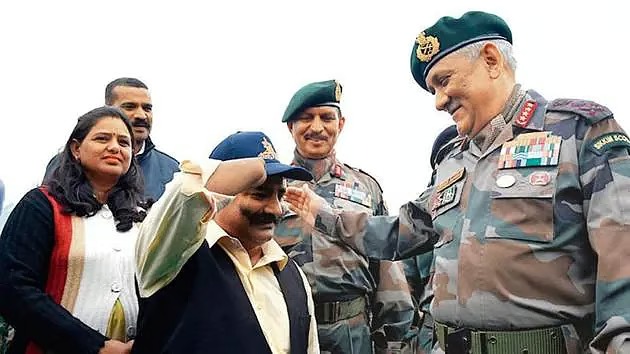A.N. Jindal, J.
CM No. 25695-CII of 2012
1. CM is allowed and translated copy of the sale deed (Annexure P/6) is taken on record.
Civil Revision No. 5812 of 2012 (O & M)
This petition assails the order dated 10.9.2012 (Annexure P/5) passed by the trial court, dismissing the application filed by the petitioner for leading secondary evidence.
2. In this case, the original sale deed is alleged to have been lost and the counsel for the petitioner, when he was on his turn to lead evidence, applied for invoking the provisions of Section 65 of the Indian Evidence Act, 1872, to lead secondary evidence on the ground that the original sale deed has been misplaced.
3. The secondary evidence by way of placing on record copy of the sale deed i.e. copy of the document kept in the public record is admissible in evidence. It was also observed in case
.......... If the original document has been lost, secondary evidence of the contents of the document is admissible in evidence. Certified copy of the registered sale deed is admissible in evidence u/s 65(f) of the Act. Certified copy of a registered document issued by Sub Registrar u/s 57(5) of the Registration Act is also admissible for the purpose of proving the contents of the original document. Section 57(5) of the Registration Act reads as under:-
57(5) All copies given under this Section shall be signed and sealed by the registering officer, and shall be admissible for the purpose of proving the contents of the original document.
4. Hence, certified copy of original sale deed issued by Joint Sub Registrar u/s 57(5) of the Registration Act is admissible for the purpose of proving the contents of original document and could be received as secondary evidence of a original document u/s 65 of the Act.
5. On this point, reliance is placed upon
6. In
7. In the case of
There was no need to explain the circumstances in which original was not produced because it is covered by Section 65 (e) and (f) and there is no such requirement. Clauses (a), (b) and (c) stand independently of each other. Section 65 of the Act explains the circumstances. In any case the circumstances mentioned in clauses (a) to (g) the secondary evidence can be produced. It is not necessary that if a case is covered by clause (e) and (f) the person who wants to produce the secondary evidence should explain about the original while filing the certified copy of the public document, or of a document of which certified copy is permitted under this Act i.e. in the case covered by clauses (e) and (f) then nothing further is required to be explained. In this view of the matter, I am of the opinion that the learned lower appellate court committed substantial error of law in rejecting the certified copy of the sale deed as inadmissible. In any case it should have made inquiry from the defendants.
8. As such, the trial court fell in error while declining the application for secondary evidence, rather declining the evidence at this stage would further complicate the issues and cause delay in adjudication of the matter.
9. Resultantly, this petition is allowed, impugned order is set aside and the petitioner is permitted to lead secondary evidence of the sale deed. This petition is allowed without serving notice to the respondent with a view to impart complete justice to the parties and to save the huge expenses, which may be incurred by the respondent as also in order to avoid unnecessary delay in adjudication of the matter. Still, if dissatisfied, the respondent may move to this court for recalling this order.

